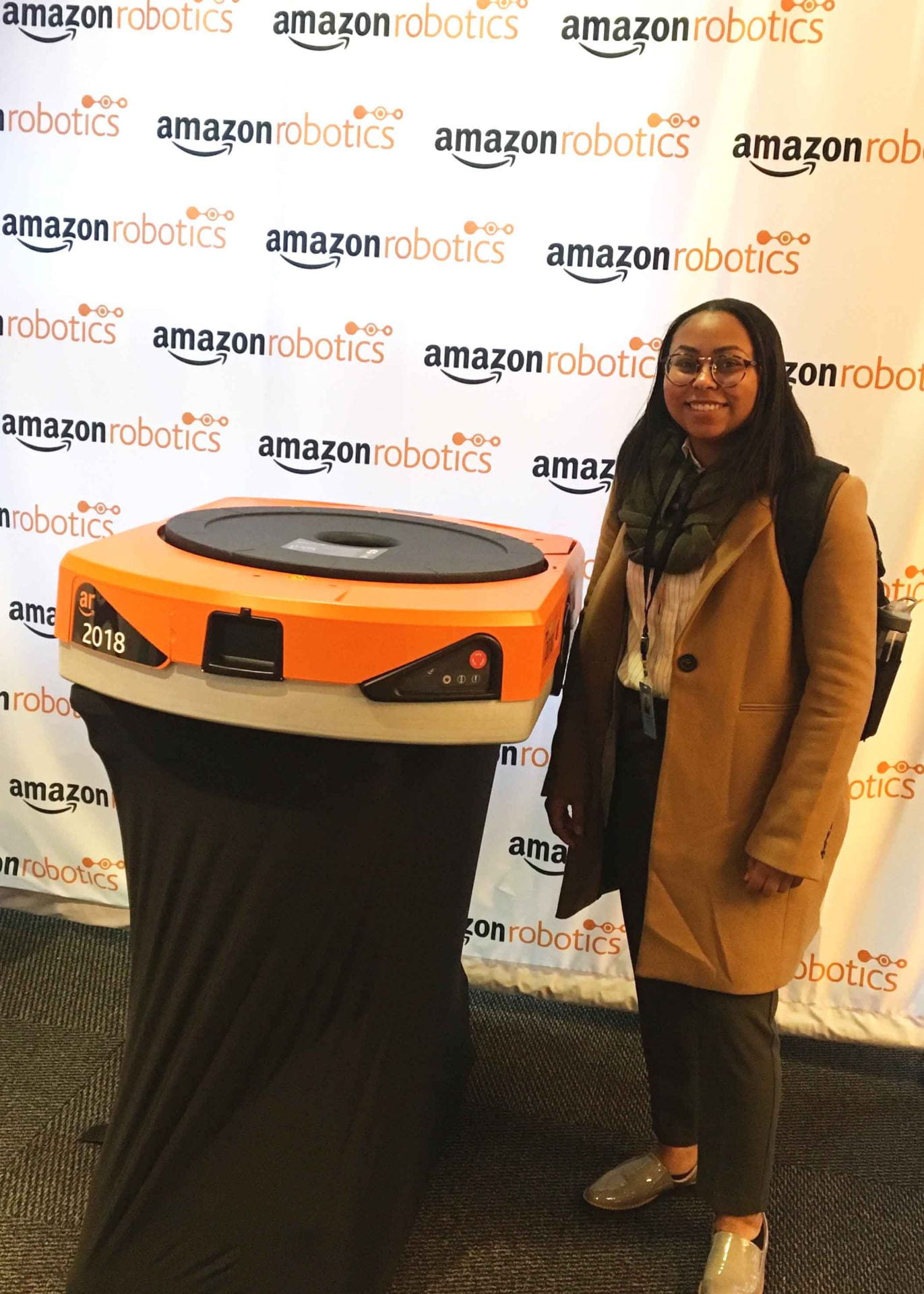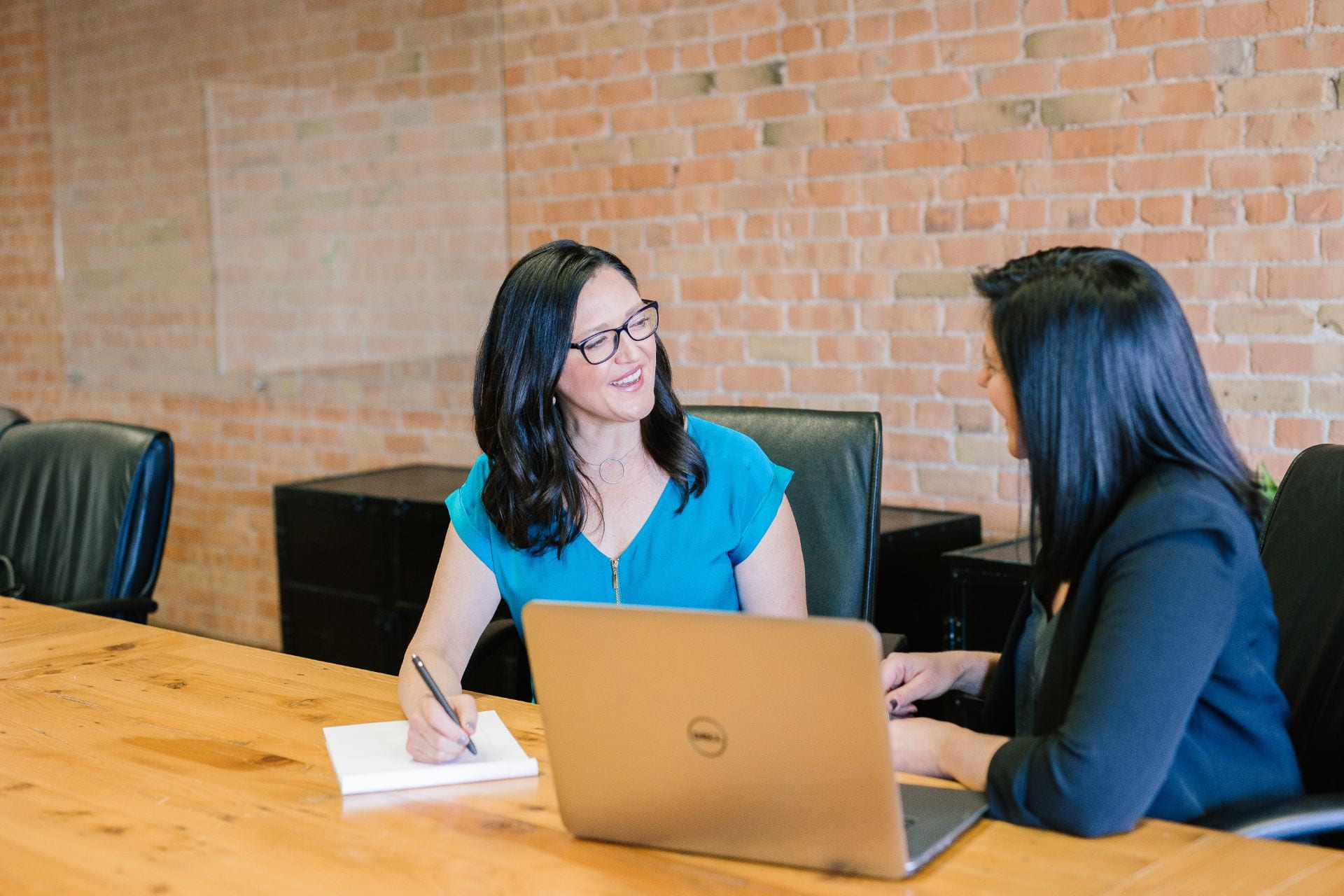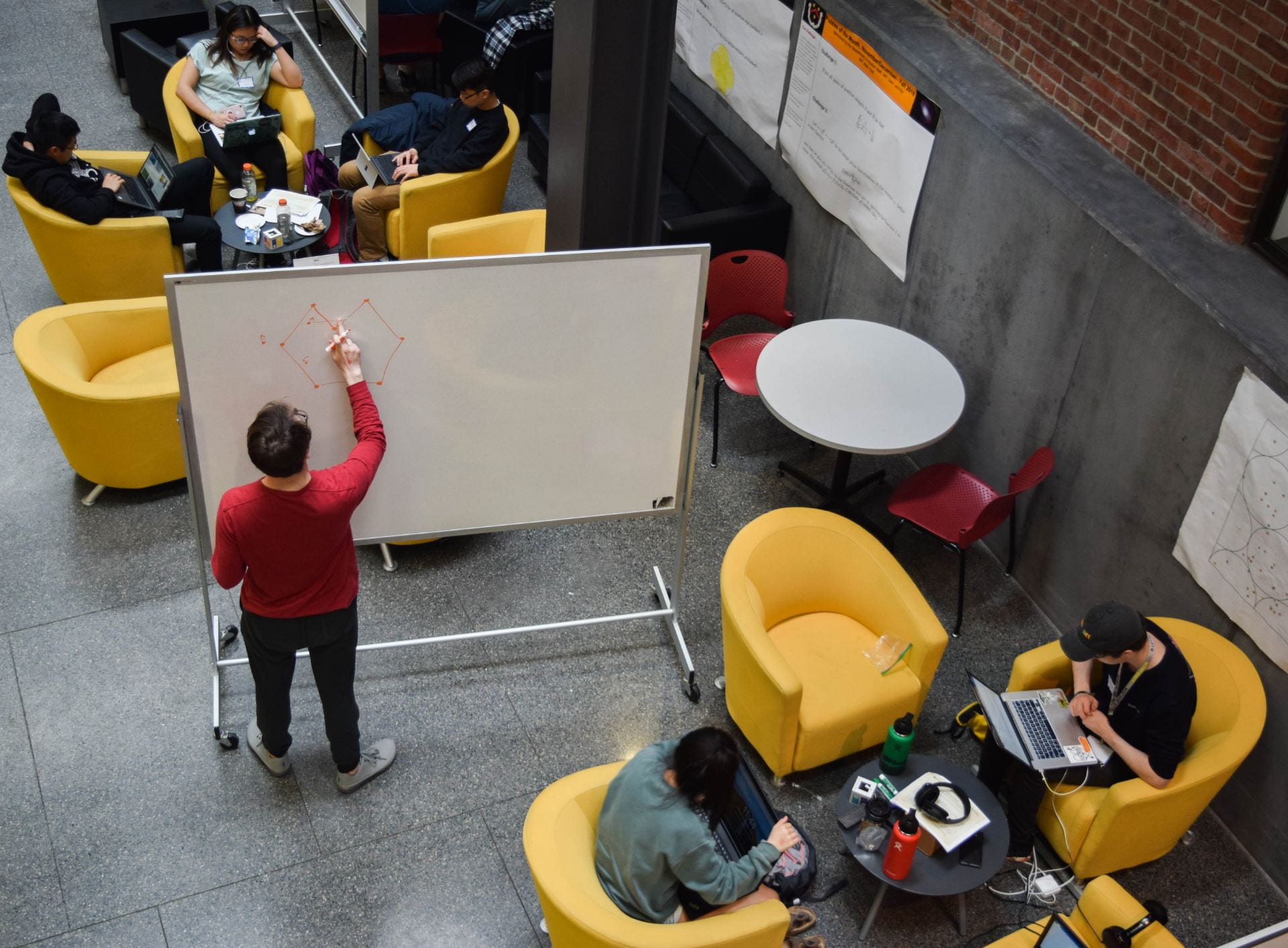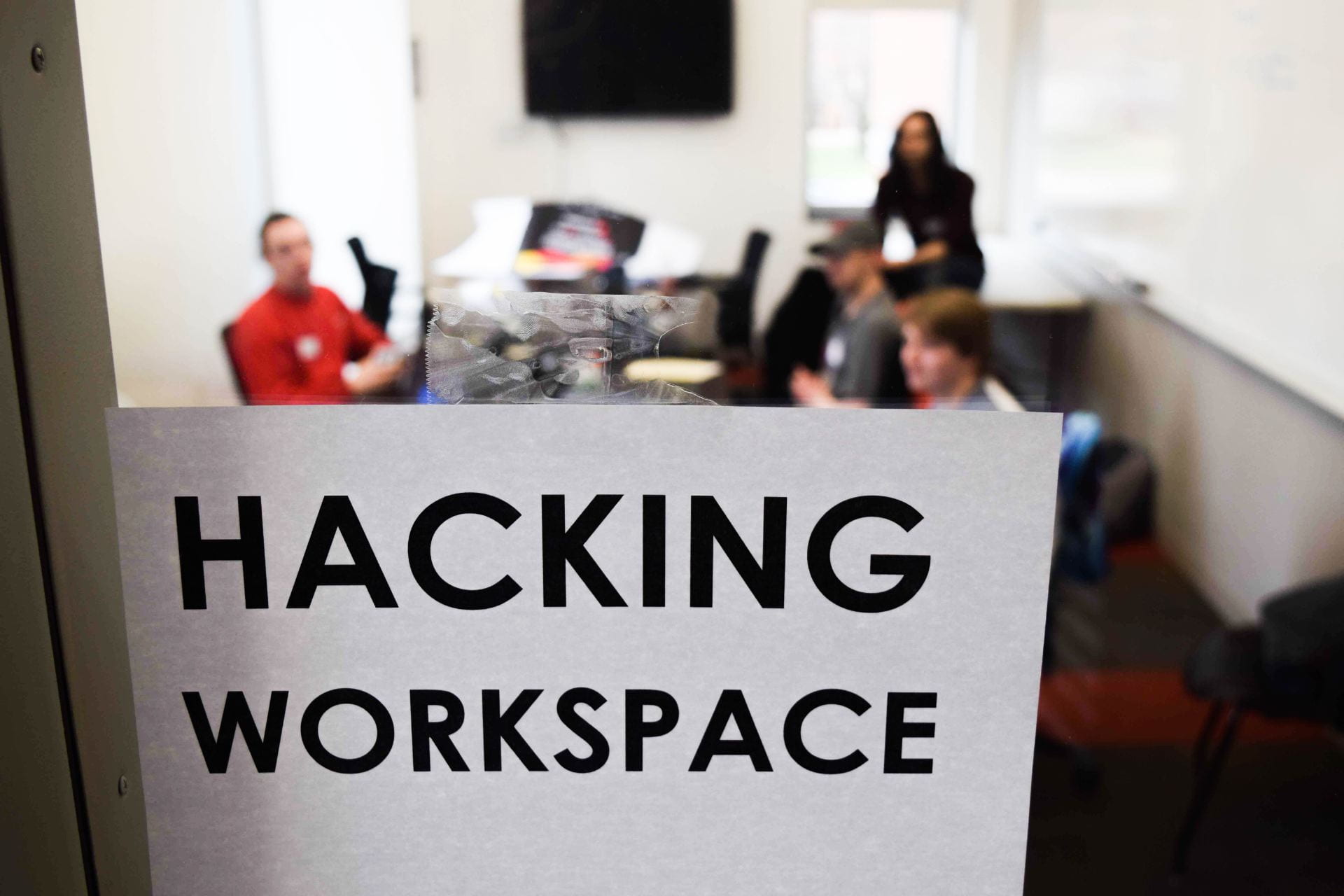By: Jasmine Andrade
Jasmine is a Wentworth Junior studying Interdisciplinary Engineering concentrating in Manufacturing Engineering and minoring in Industrial Design & Business Management, with a concentration in Project Management. She recently completed her second co-op at Amazon Robotics (AR) as the Technical Operations Co-op, Process Engineer. Jasmine generously shared her story with us:
Her career goal is to become a Product Design Engineer or Innovation and Design Engineer, so she chose this combination of concentrations and minors to make her a well-rounded engineer and to meet her career goal.
“In a Product Design Engineer role, it is important to have skills in Design/Innovation (Industrial Design Minor), Research & Development (Interdisciplinary Engineering) and Manufacturing/Process/Industrial Engineering (Manufacturing Engineering Concentration). You must also have the ability for negotiating and communicating with internal and external business partners, contractors and vendors (Business Management minor). The variety of knowledge and perspectives that my concentration and minor provides allows me to continuously look at a problem through a multidisciplinary lens.”
- Tell us about your second co-op at Amazon Robotics:
The Technical Operations Co-op is responsible for delivering and supporting operations and production projects by collaborating with Amazon Robotics Tech Ops Engineering process owners and other cross-functional team members.
- What interested you in this company/the role?
The culture of Amazon, the peculiar and eccentric ways of sustaining their mission to being “earth’s most customer-centric company for four primary customer sets: consumers, sellers, enterprises, and content creators” is what stood out. Amazon gives you the freedom to think a little differently and to embrace differences. Amazon works to avoid being bland, “big homogeneous, corporate Borg” and aims to stay transparent in what the company needs to continuously work on and improve.
The role stood out because it was different from the my previous role as a Surface Mount Technology (SMT) Manufacturing Engineer at Raytheon IDS, the Process Engineering positions would provide me with a new skillset and also build on what I learned as an SMT Engineer. The position description also starts with “Are you inspired by invention? Is problem solving through teamwork in your DNA? Do you like the idea of seeing how your work impacts the bigger picture? Answer yes to any of these and you’ll fit right in here at Amazon Robotics (AR). We are a smart team of doers that work passionately to apply cutting edge advances in robotics and software to solve real-world challenges that will transform our customers’ experiences in ways we can’t even image yet. We invent new improvements every day. We are Amazon Robotics and we will give you the tools and support you need to invent with us in ways that are rewarding, fulfilling and fun.” The statement provided before you even look at the position description draws you into the possibilities and potential with AR.
- What was your search process like? And how did you prepare for your interviews?
My search process included applying to 30+ co-op positions that fit my interest and skill set. I also reached out to my LinkedIn network for positions that I was interested in. I utilized the CO-OPS + CAREERS interviews questions list and wrote out all my questions for my on the phone interview for reference. For the in person interview, Amazon provided an outline for potential questions and the format for how they “grade” or determine if you fit culture and position. I wrote out all those questions and practiced answering them out-loud by myself and did a practice interview with friends.
- While on co-op, what project(s) were you a part of, or something that you worked on, that has inspired you?
One of the project I had the pleasure to work on was for “a new, fully-electric delivery system – Amazon Scout – designed to safely get packages to customers using autonomous delivery devices” (https://blog.aboutamazon.com/transportation/meet-scout). I worked on preparing work instructions and set up for the alpha build. Through this process I was able to see how important the Process Engineering and Technical Operation is to Amazon and how we function cross- functionally with other divisions in Amazon to sustain the mission of being a customer-centric company. This project encouraged me to “Think Big”, “Insist on the Highest Standards” and to “Deliver Results”. These principles are something that stood out within this project and motivated me to continue to develop these skills in the projects that followed.
- Knowing what you know now, how will you approach your Fall co-op/co-op search differently?
My approach to applying for fall co-op is to find/apply for positions that I see myself transitioning into a full time role. In addition, look at the company culture, history and mission. I am differently more picky in selecting co-ops this semester because I want to make sure I am applying to a companies that I see myself at, long-term and will provide me what the skills I need to acquire to meet my career goal of being a Product Design Engineer.
- What advice do you have for students who are interested in working for a company like Amazon Robotics?
Go for it! Don’t be afraid to be yourself in your interview, embrace your experiences and peculiar ways to engineering and design thinking. Learn and be curious about everything, commit to being a life-long learner and dive deep into understanding the problem before seeking a solution. Also, remember who your customer is and how your idea or solution will benefit them.
Thank you for sharing your experience with us, Jasmine! Be on the lookout for our next co-op feature. If you would like to share your co-op experience (positive or not-as-expected), or have any questions about the co-op process, please email us at coopsandcareers@wit.edu.
As always, to make an appointment with your Co-op + Career Advisor call the front desk at 617.989.4101 or stop by the CO-OPS + CAREERS Office.
Summer 2019 Drop-In Hours: Wednesday and Thursday 2:00pm – 4:00pm while classes are in session.









